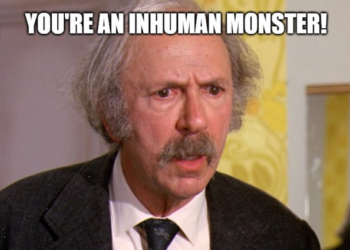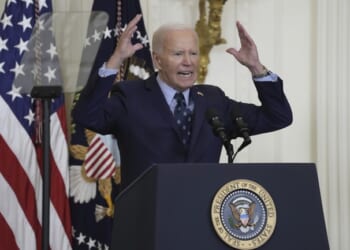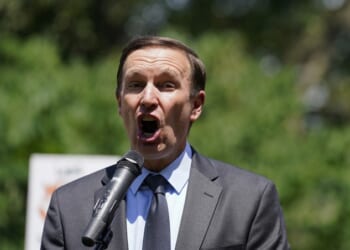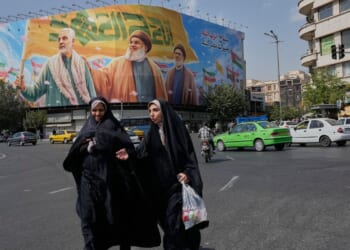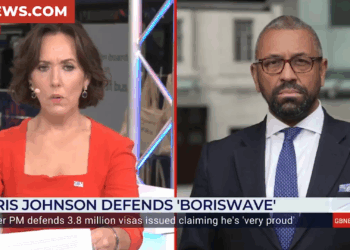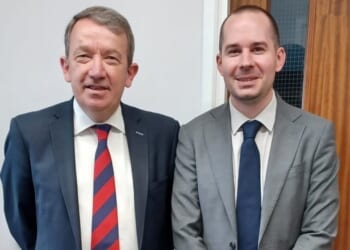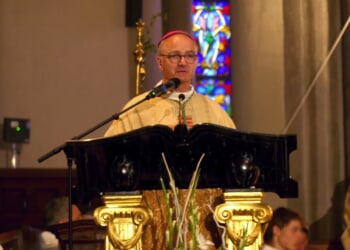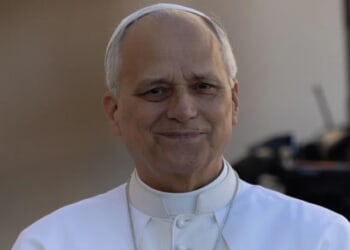Sir John Redwood is a former MP for Wokingham and a former Secretary of State for Wales.
The BBC comes across as dim, unable to see the follies of much establishment and government thinking. It is unwilling to allow different views on its airwaves. It watches passively as many viewers and listeners drift away. Those seeking better entertainment go to Netflix, Apple, Disney and other streaming services.
Those seeking better balanced news and more incisive commentary go to GB News and a range of other providers.
The Daily Telegraph has done a great job publishing the excellent and detailed critique of BBC bias written for the Corporation by Michael Prescott.
He shows they were wrong over the Gaza war, over the Trump speech, over trans rights issues, over some allegations of racism and over our colonial history. Faced with plenty of evidence of systematic bias the Board split and dithered. The exit of two key executives gives the Board the chance to ask more wide ranging questions about BBC output. They need a better working understanding of impartiality before they choose new executive leaders.
BBC bias, as I well know, goes far beyond the topics Michael Prescott has shone light on.
It means people like me with different views and important criticisms of Treasury orthodoxy, Bank of England incompetence and OBR wrong numbers are not allowed on BBC programmes, designed to buttress these failing institutions. We put our views out through GB News, the Daily Telegraph and ConservativeHome. The BBC has been a cheer leader for the most absurd and extreme version of net zero policies, backing any damaging policy for the UK which will result in more CO2 being generated worldwide.
So what questions do BBC journalists need to learn to ask to reconnect with the half of the country that does not take a pro EU, globalist international rules based approach to every problem? What should they ask about mass migration, net zero out of control public spending, two tier justice and a guilt ridden view of the UK’s past with us as the only villains?
Let us start with climate change in the week of the futile and absurd COP 30 Conference.
Why fly so many people to Brazil, cut a road through the rain forest, and put them up in air conditioned luxury with meat dinners on offer to tell the rest of us to not behave like that? Why have a meeting with China, India, Russia, and the USA missing, when they account for more than half the annual CO 2 output of the world? Why rattle the collecting tins to save the rainforests when most of the advanced countries that have turned up are struggling to battle overspending and high deficits? Why didn’t the BBC and other international broadcasters offer to host an on line and on tv/radio conference for them to spare us the flights and accommodation costs? Why do they not see the humbug and the folly of all this or allow people on who do? Why do they never ask how much all this costs and how much it contributes to government out of control spending?
Let’s move on to the cost of living and inflation.
Anyone looking at the election results post covid in the US, Germany, France, the UK can see incumbent governments swept away in anger at the great inflation overseen by the Fed, ECB but don’t ask how come Japan, Switzerland and China kept inflation low throughout lockdown and the early Ukraine war, showing these were not the causes of inflation. The cause of inflation was the money printing and bond buying policies of the 3 bad Central Banks, allowing their governments to overspend and binge on cheap borrowed money.
There are the many cultural issues which have been so well highlighted by Kemi Badenoch before and after becoming Leader of the Opposition. We need broadcasters to produce balanced accounts of our past, reminding us of the huge contribution the UK has made to the advance of democracy, the rule of law, and prosperity. The Industrial Revolution was not a crime against humanity. It unleashed huge forces to give people all round the world better living standards and higher paid jobs. By all means criticise the bad but see the good. Set our achievements and failings in their true historical context. When the UK was helping abolish the slave trade other countries were reinforcing it.
There are many financial issues about the BBC which warrant another article.
If we are to continue with a “national broadcaster” having access to special monies from a media tax we need to insist on impartiality.
It needs to be above politics, and needs to give both sides when an issue splits our country as many now do. It needs to recruit a wide range of talents and viewpoints, and needs to report the failings of the establishment that has so far nursed it. Gone are the days when millions sit down in their homes together with their families to watch the leading BBC programme. There is much more choice and people welcome that. Many people now pay twice for their tv, once to the BBC licence fee to be allowed to watch anything live, and once to a provider of their choice who offers them more of what they want. In such a world it is incumbent on the BBC to redefine public interest broadcasting, and to reassure more people it does not have a narrow establishment set of views.
The BBC needs to ask a lot more questions of itself to understand the haemorrhage of viewers and the rising number of critics of its output. It also needs to get so much better at putting our concerns to the establishment institutions that damage our lives and criticise or run down our country.
If it doesn’t many more will question its right to tax us.

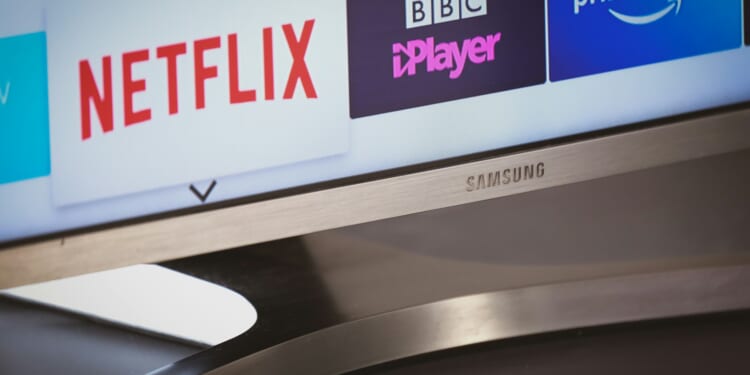
![Scott Bessent Explains The Big Picture Everyone is Missing During the Shutdown [WATCH]](https://www.right2024.com/wp-content/uploads/2025/11/Scott-Bessent-Explains-The-Big-Picture-Everyone-is-Missing-During-350x250.jpg)



